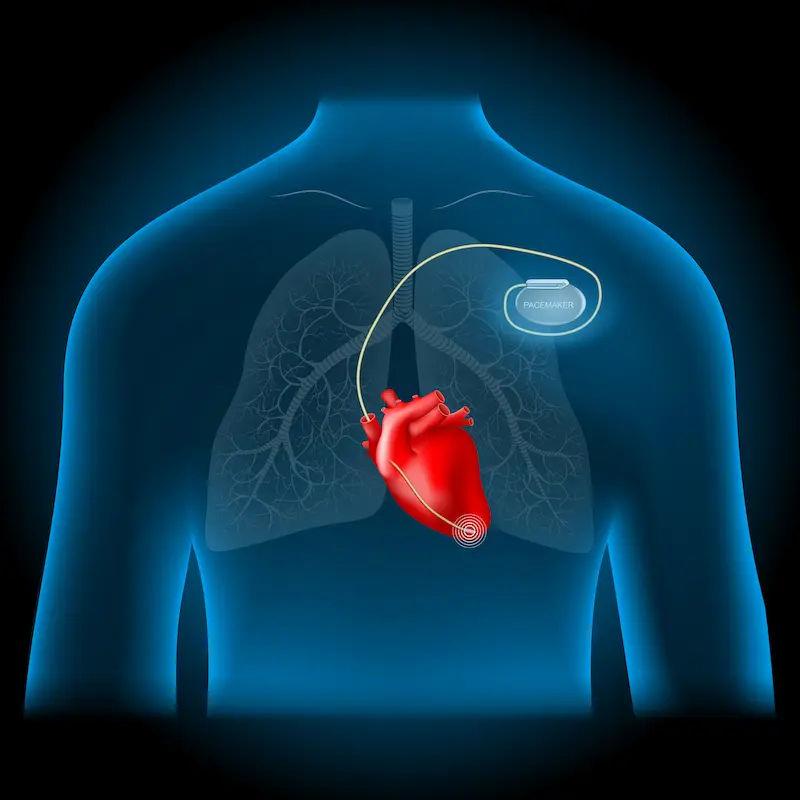Heart Disease and the Role of Diet
Discover how diet impacts heart disease. Learn about heart-healthy foods, what to avoid, and simple lifestyle changes to support better heart health and reduce risk.

_0.webp?tr=q-80,f-webp,w-350,dpr-2,c-at_max 700w)
Introduction
Heart disease is one of the leading causes of death worldwide, but the good news is that many risk factors can be managed with simple lifestyle changes, especially through a healthy diet. What you eat plays a crucial role in maintaining heart health, preventing complications, and even reversing some damage.
In this article, we’ll explore how diet affects heart disease, what foods to include (and avoid), and practical tips to keep your heart strong.
Understanding Heart Disease
Heart disease refers to various conditions that affect the heart, including:
Coronary artery disease (CAD) – Blocked or narrowed arteries.
Heart failure – The heart can’t pump blood effectively.
Arrhythmias – Irregular heartbeats.
High blood pressure (hypertension) – Puts extra strain on the heart.
Common Symptoms
Here are some common signs of heart disease:
Chest pain or discomfort (angina)
Shortness of breath
Fatigue
Swelling in legs, ankles, or feet
Irregular heartbeat
If you experience any of these symptoms, consult a doctor immediately. Early detection can save lives.
Consult a Top Nutritionist for the best advice
How Diet Affects Heart Health
The food we eat directly impacts cholesterol levels, blood pressure, inflammation, and weight, all of which influence heart disease risk.
Foods That Harm the Heart
1. Processed and Fried Foods – High in unhealthy fats (trans and saturated fats) that raise bad cholesterol (LDL).
2. Excess Salt – Increases blood pressure.
3. Sugary Foods and Drinks – Contribute to obesity and diabetes, both of which strain the heart.
4. Red and Processed Meats – Linked to higher heart disease risk.
Foods That Protect the Heart
1. Fruits and Vegetables – Rich in fiber, vitamins, and antioxidants that reduce inflammation.
2. Whole Grains – Oats, brown rice, and quinoa help lower cholesterol.
3. Healthy Fats – Found in nuts, seeds, olive oil, and fatty fish (like salmon) which improve good cholesterol (HDL).
4. Lean Proteins – Beans, lentils, tofu, and skinless poultry are heart-friendly.
5. Low-Fat Dairy – Provides calcium without excess saturated fat.
Dietary Tips for a Healthy Heart
1. Follow the Mediterranean Diet – Emphasizes fruits, vegetables, whole grains, fish, and olive oil. Studies show it reduces heart disease risk.
2. Limit Salt Intake – Use herbs and spices instead of salt for flavor.
3. Choose Healthy Cooking Methods – Bake, steam, or grill instead of frying.
4. Control Portion Sizes – Overeating leads to weight gain, increasing heart strain.
5. Stay Hydrated – Water helps maintain circulation and blood pressure.
Lifestyle Changes to Support Heart Health
Simple lifestyle changes to keep your heart healthy:
Exercise Regularly – Aim for 30 minutes of moderate activity (walking, cycling) most days.
Quit Smoking – Smoking damages blood vessels and increases heart disease risk.
Manage Stress – Practice yoga, meditation, or deep breathing to lower stress hormones.
Monitor Health Regularly – Check blood pressure, cholesterol, and blood sugar levels.
When to Seek Medical Help
If you have a family history of heart disease or experience symptoms like chest pain, dizziness, or extreme fatigue, consult a doctor. Early intervention can prevent complications.
Final Thoughts
A heart-healthy diet isn’t about strict restrictions; it’s about making smarter food choices that nourish your body. Small changes today can lead to a stronger, healthier heart tomorrow.
Consult a Top Nutritionist for the best advice
Consult a Top Nutritionist for the best advice
Ms. Bhavana Shetty
Dietician
7 Years • DDHN & Masters in Clinical Nutrition & Dietetics
Bangalore
Apollo Sugar Clinic, Seetha circle bangalore, Bangalore

Dr. Ramalinga Reddy
General Physician
5 Years • MBBS MD General medicine
Bengaluru
PRESTIGE SHANTHINIKETAN - SOCIETY CLINIC, Bengaluru
Dr Sumanth R
General Physician
2 Years • MBBS
Bengaluru
PRESTIGE SHANTHINIKETAN - SOCIETY CLINIC, Bengaluru
Mrs Sneha P V
Nutritionist
10 Years • Master of science in Food and Nutrition
Bengaluru
Apollo Clinic, Sarjapur Road, Bengaluru
Dt. Ila Sharma
Clinical Nutritionist
18 Years • Master in food & Nutrition
Gurugram
VIPUL GREENS - SOCIETY CLINIC, Gurugram




